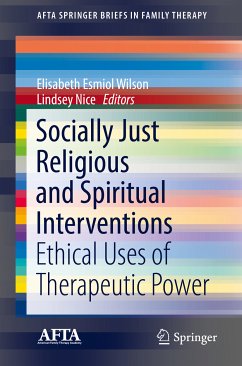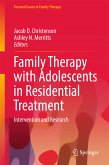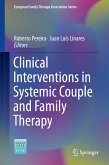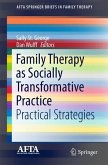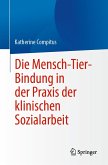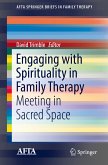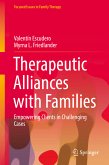This vital text:
· Spotlights the influence of an often-overlooked aspect of mental health
· Provides detailed examples of religion and spirituality across diverse families and issues
· Outlines practical strategies for integrating helpful aspects of clients' relationship with the sacred into treatment
· Offers a framework for countering harmful aspects of clients' religious beliefs or practices
· Includes interventions used with couples, parents/children, and other family units
· Adds a socially just perspective on the spiritual dimension of mind/body concerns
· Encourages readers' professional development and self-reflection
Addressing critical issues where belief frequently takes center stage, Socially Just Religious and Spiritual Interventions is an invaluable resource for family therapists, psychotherapists, and other professionals pursuing a socially just, clinically relevant approach to spiritual and religious therapeutic integration.
Dieser Download kann aus rechtlichen Gründen nur mit Rechnungsadresse in A, B, BG, CY, CZ, D, DK, EW, E, FIN, F, GR, HR, H, IRL, I, LT, L, LR, M, NL, PL, P, R, S, SLO, SK ausgeliefert werden.

